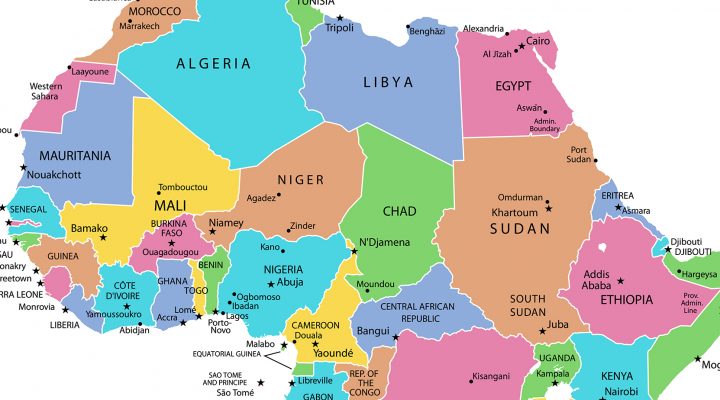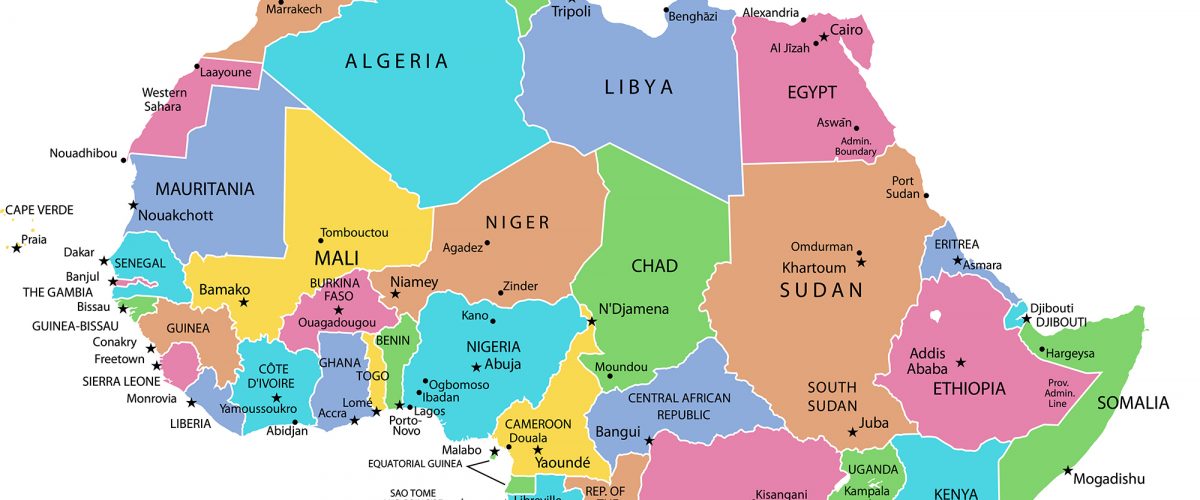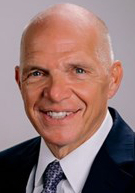Three United Methodists were killed Dec. 15 when a United Methodist Church in northeast Nigeria was attacked allegedly by supporters of the breakaway Global Methodist Church.
A few days prior to the attack, a dissident organization that has promoted the split in the UMC announced it would cease “active operations” on Dec. 31.
According to UM News, a young man, 27, was killed by gunfire and two toddlers, ages 2 and 4, died after their hut was set ablaze. Ten church members were injured in the clash between members of Bwoi United Methodist Church and Global Methodist members in the village of Bunkabu in Taraba State. Both churches had been closed by the local government in September because of conflict between the groups.
Killed was Elisha Masoyi, 27, brother of the Bwoi UMC’s lay leader, in the attack on the church. A subsequent blaze killed Abednego, 4, and Baby, 2, children of Abraham Kefas, a United Methodist and superintendent of Divine Success UMCN Nursey and Primary School in Munga Dosso. (UMCN stands for United Methodist Church Nigeria).
United Methodist Bishop-elect Ande Emmanuel and retired U.S. bishop John Schol, serving as interim lead bishop in Nigeria, issued a statement condemning the violence. They also offered prayers and support for those affected by the attack.
“As bishops of The United Methodist Church, we are outraged that such an atrocity would occur among Christians, especially brothers and sisters who were once part of the same Methodist family,” the statement read.
The bishops also called upon Global Methodist Church leaders to participate in bringing the attackers to justice. Formally constituted in September in Costa Rica, the Global Methodist Church has three bishops in Nigeria including John Wesley Yohanna, who resigned from the UMC in July to join the breakaway denomination.
“We further urge GMC members, at all levels, to put an immediate end to the violence and refrain from disseminating misinformation that fuels fear and disdain that can lead to violence. Likewise, we call our United Methodist members to be guided by integrity and respectful while working toward maintaining peace,” Schol and Emmanuel said in the statement.
According to UM News, Schol said he believes GMC leaders fear for their future, since most Nigerian United Methodist clergy and laity have stayed with the denomination.
Schol told UM News correspondent Eveline Chikwanah: “When Yohanna, his cabinet and approximately 30% of the United Methodists in Nigeria communicated that they resigned from the UMC and joined the GMC in late July and early August 2024, and took the United Methodist property, equipment and funds, they had a significant hurdle to overcome. Nigeria law has ruled in the past that the property stays with the denomination and does not go with the breakaway group.
“To counter this, the GMC created the ruse that rather than them leaving the UMC, this was a simple name change from UMC to GMC because the UMC was a ‘gay’ church and trying to bring same-gender marriage to Nigeria. This prejudiced many government officials against the UMC because Nigeria’s constitution forbids same-gender marriage.
“The GMC created the ruse that … this was a simple name change from UMC to GMC because the UMC was a ‘gay’ church and trying to bring same-gender marriage to Nigeria.”
“Initially the government understood the matter this way and treated the UMC faithful as a disenfranchised group of people who were not the rightful owners of the property,” Schol said.
As with other African countries, Nigeria requires churches to hold a government license to operate. Schol said because of the GMC’s ruse in mid-summer, government officials at first thought the UMC had become a “gay church,” leading to its disenfranchisement because homosexuality is outlawed in Nigeria. Schol said United Methodist district superintendents and pastors have been meeting with local government officials to explain the UMC’s organization and structure, including the proposal that non-U.S. regions are being given greater autonomy to set their own ordination and marriage standards consistent with local culture and law.
Those efforts also have changed the minds of some who left the UMC and are now returning, including a group of 400,000 who left during Yohanna’s tenure, Schol was quoted as saying.
A unity caucus, United Methodist Africa Forum, issued a statement Dec. 20 celebrating the election of Emmanuel, who was greeted by a crowd of 500 people upon his return Dec. 10 from the West Africa Central Conference meeting held in Accra, Ghana, where he was elected on the first ballot. Emmanuel has been an outspoken critic of Yohanna’s allegedly dictatorial administration, including Yohanna’s promotion of the Global Methodist Church. Emmanuel has been active in worldwide UMC bodies, including the unofficial group that initiated the regionalization proposal and the UMC’s official standing committee on issues for regions outside the United States.
The UMAF statement also condemned the violence in Nigeria. Its signers, UMAF General Secretary Gabriel Mususwa Banga of Zambia and UMAF coordinator Lloyd Nyarota of Zimbabwe, allege in the statement that Global Methodist Church funds have been used to purchase guns:
UMAF strongly denounces any attempts by external organizations, including the Global Methodist Church, Wesleyan Covenant Association, and the Africa Initiative, to disrupt the unity and progress of the UMC in Africa. …
We are also aware of significant financial efforts by the WCA to fund disaffiliation and promote autonomous candidates across Africa as a precursor to aligning with the GMC. Some of these funds are being used to purchase guns to kill United Methodists. This has already happened in Nigeria where the GMC members invaded a UMC congregation during worship and killed two members. UMAF unequivocally condemns these actions and reaffirms that Africa belongs to The United Methodist Church — a church rooted in the gospel and steeped in the history of our forebears.
To the WCA and Africa Initiative, we call on you to cease interfering in the affairs of the UMC in Africa. Your continued efforts to sow division through funding violence, disaffiliations and promoting autonomy are detrimental to the progress of the African church. We urge you to respect the will of the African UMC and allow us to chart our own course as part of the worldwide connection.
In the United States, the Global Methodist Church’s founding organization, the Wesleyan Covenant Association, announced it was shutting down its operations Dec. 31, except for its Africa Initiative. Regional units of the WCA in the U.S. may remain active and any remaining WCA assets will be transferred to its African endeavors, said the post from WCA President Scott Field.
In a Dec. 17 post, Field denied the allegation that WCA and GMC funds were being used to purchase weapons.
Requests for further explanation of the WCA’s dissolution were unanswered as of Dec. 20.
Related articles:
The new battleground for Methodists is in Africa | Analysis by Cynthia Astle
UMC faces turbulence after removing LGBTQ bans
UMC General Conference removes much of LGBTQ restrictions in consensus vote



